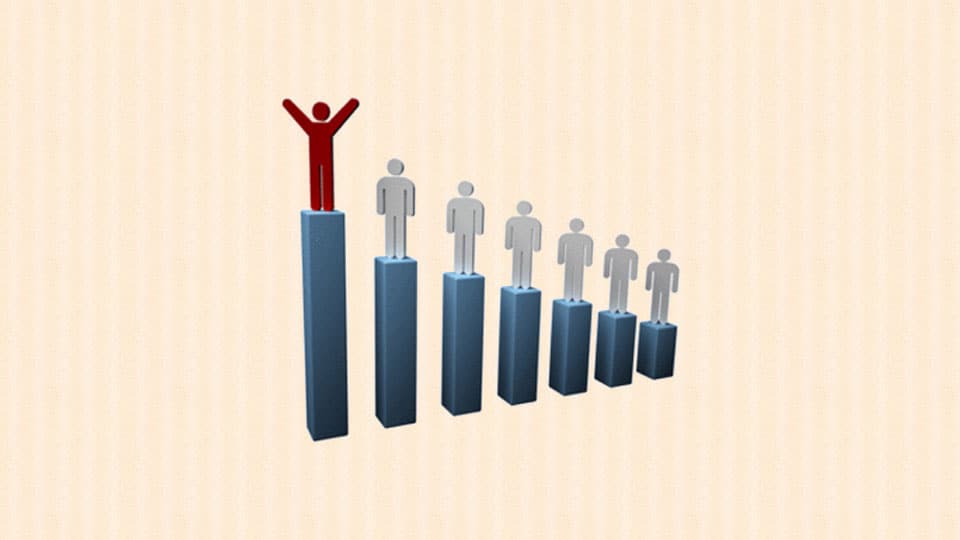RIO DE JANERIO, BRAZIL – (Opinion) The firestorm of consciousness about class, race and cultural values, ignited by the police killing of handcuffed George Floyd in Minneapolis, Minnesota and the murder of Marielle-Franco in Rio have brought issues more often swept under the rug into sharp focus. They are urgent and disturbing.
Here and in the US, searching questions are being asked and answers demanded by cohorts who have seen their already precarious lives disrupted by the Covid-19 pandemic, not only by its economic devastation but by the sense, felt by many, that they are in great danger of losing their status, the standing that defines them in society and their pride in who they are. Many feel that they are discriminated against by the ‘system’, especially the police.

These questions go to the heart of how each of us views the societies in which we live and the future. This gringo is bothered by the fact that we don’t seem to seriously address these issues or have any answers. If I’m certain of only one thing, it is that the pent-up frustrations and passions driving the current societal unrest are not going to cool any time soon, if at all.
You have only to have your eyes open to know that the poor and less educated classes in both Brazil and the US have been harder hit by the virus than their more affluent and better educated countrymen. It is not surprising. Only the extremely fortunate have been able to isolate themselves in comfort away from the urban centers, stay sheltered while continuing their employment and income working from home and having the necessities of existence, even luxuries, delivered, rather than having to brave infection in the streets outside their sanitized bubbles.
The reality of the brutal and growing class differences has been amplified by the pandemic. The old saying that ‘the rich get richer and the poor get babies’ has migrated from insensitive humor to class anger.
I feel personally ashamed and angry when I read that the “… collective wealth of America’s 651 billionaires has jumped by over US$1 trillion since roughly the beginning of the COVID-19 pandemic..? Their wealth growth since March is more than the US$908 billion in pandemic relief proposed by a bipartisan group of members of Congress…”
What are we to make of the fact, recently highlighted by the World Bank, that almost a third of Brazil’s people (66.3 million) are families who derive more than half of their income from unprotected labor sources? For these families, most income comes from informal work making them the most financially vulnerable and likely to need longer to recover without help and more help to recover at all. Despite Brazil’s economic growth since 2017, inequality and the number of Brazilians living on less than US$1.90 per day has continued to grow.
OK, some help has come in the form of extraordinary (albeit temporary) direct cash support from government, recognizing the crisis. According to a Brazilian government statement in May, 90 percent of the 18.5 million Brazilians entitled to receive R$600 for each of three months had begun receiving their money and many, instead of spending it had put it aside for an even rainier day.
In the US, expansion of normal unemployment benefits as a part of the CARES initiative, included people furloughed, gig workers, and freelancers, with benefits of US$600 per week for a period of four months in addition to a single direct payment to families of US$1,200 per adult and US$500 per child. It sure helped.
Disastrously for many, with Christmas and the New Year almost upon us, the money is running out while politicians in Brasilia and Washington posture over new relief payments while the number of Covid-19 cases hits new records in what is described as ‘the second wave’. Even if that overdue support finally arrives – no sure thing – it will only be a bandaid on a bleeding surface, not a remedy for the underlying disease.
That disease is not just about money although that is certainly a significant part of it. “Rising anxiety over declining social status tells us a lot about how we got here and where we’re going… Diminished status has become a source of rage on both the left and right, sharpened by divisions over economic security and insecurity, geography and, ultimately, values,” observed Thomas B. Edsall in a prescient ‘NYTimes’ article.
It is well known that fear is a prime generator of anger, aggression and rage. Grab hold of a solid reason for that fear, the loss of ability to put food on the family table, provide a place to live, take care of the children and the sick, have pride in your work or lose your standing in your community: wouldn’t that ‘fear of falling’ lead you to anger too?
Wrote Herbert Kitschelt, a political scientist at Duke University: “Those who cannot adopt or compete in the dominant status order — closely associated with the acquisition of knowledge and the mastery of complex cultural performances — make opposition to this order a badge of pride and recognition. The proliferation of conspiracy theories is an indicator of this process. People make themselves believe in them, because it induces them into an alternative world of status and rank.”
If we look honestly at the unrest in the world and accept that if we don’t come up with some radical solutions now, the future will guarantee an ugly confrontation with that ‘alternative world of status and rank’ which cannot again be swept under the rug.
Is it realistic to believe that society will begin to ignore or at least modify the existing status structures and all that this entails? And how much personal responsibility will each of us take in fixing this mess?
We had better come up with real answers.

